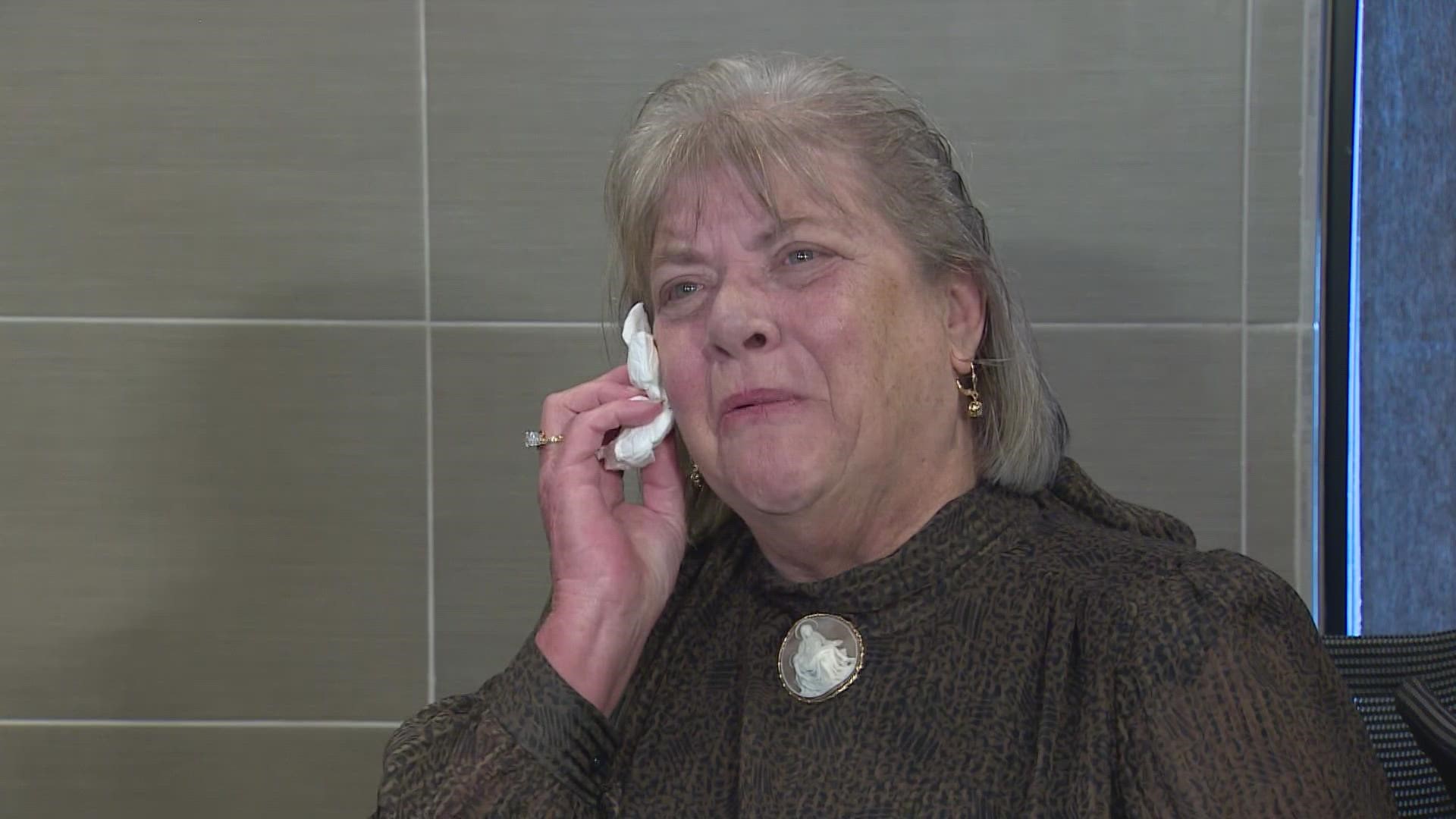DALLAS — The City of Dallas is arguing against an appeals court ruling to the U.S. Supreme Court, saying qualified immunity defies a court decision allowing for Dallas police to be sued.
A writ of certiorari submitted to the Supreme Court comes after a ruling in December by the Fifth Circuit U.S. appeals court determined four Dallas police officers could be sued following the death of Tony Timpa, who died while in police custody in August 2016.
“The Fifth Circuit conceded it was necessary to ‘provide clarity and guidance to law enforcement’ in its decision in this case,” the document reads. “It is precisely these situations— where the lack of clarity requires additional guidance— that qualified immunity applies. Review is warranted to enforce the Court’s qualified immunity jurisprudence.”
Qualified immunity is a legal principle introduced by the U.S. Supreme Court which provides immunity to government officials from civil suits unless the official violated clearly established constitutional or statutory rights any reasonable person would know.
The appeals court ruled in December officers had violated Timpa’s Constitutional rights, meaning they can be sued for his death.
"Not only did the judges determine that the evidence we brought show that the officers used unreasonable force -- but deadly force against a man who was not resisting at all," attorney Geoff Henley said in a statement at the time.
Tony Timpa's death in August 2016 has been at the center of this legal fight for years. According to court documents, Timpa, 32, called 911 for help, saying he was a schizophrenic, was off his prescriptions and had taken cocaine.
In bodycam video from that night, he is seen handcuffed and face-down with officers on top of him for about 14 minutes. Timpa cries for help, then loses consciousness.
The family claims that there was excessive force used, and bystander liability.
City attorneys argue in the document that, even if the appeals court was correct in determining Timpa’s restraint was unreasonable, the law didn’t clearly forbid Officer Dustin Dillard’s restraint of Timpa.
City attorneys argue in the court filing that Timpa’s persistent attempts to run into the street even after being handcuffed necessitated his restraint.
“The duration of Timpa’s restraint cannot be divorced from the purpose for which he was restrained, namely, to get him medical attention,” the court document states. “It was Timpa’s resistance that thwarted paramedics’ initial attempt to assess him and render aid, and Dillard only continued holding Timpa prone after his legs had been restrained because at that time…paramedics asked Dillard to keep Timpa in place.”
The document sent to the Supreme Court argues that the Fifth Circuit Court of Appeals hadn’t identified any case law clear enough to establish that the remaining three of the four officers being sued— Raymond Dominguez, Kevin Mansell and Danny Vasquez—were constitutionally obligated to stop the restraint.
“The Court should grant review to articulate the level of specificity required of case law to impose liability upon bystander officers who are not themselves accused of excessive force,” the document concludes.
It is not yet known whether the Supreme Court will agree to review the appeals court’s ruling.

